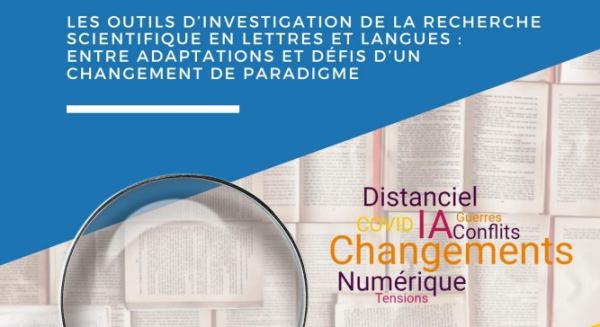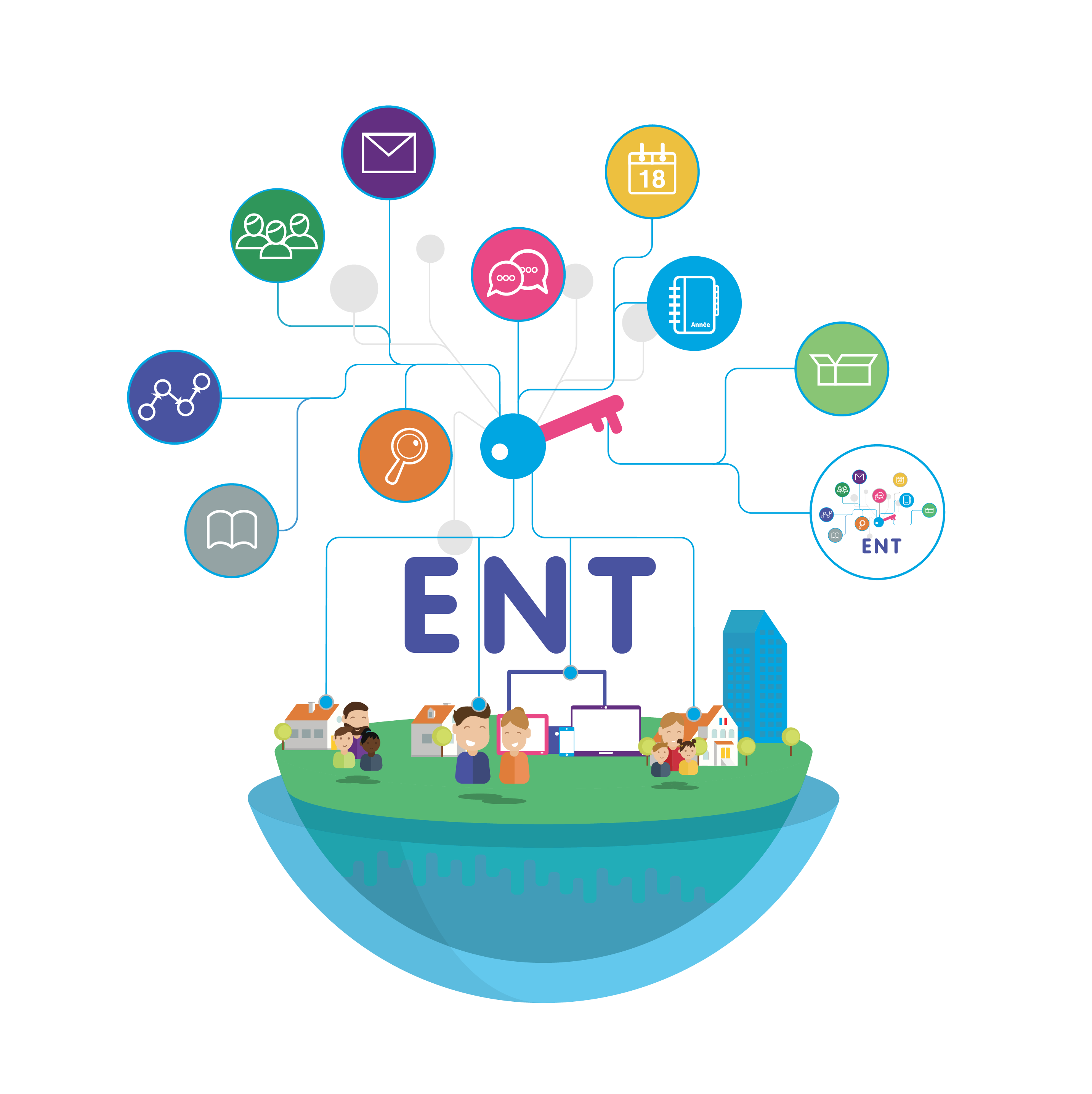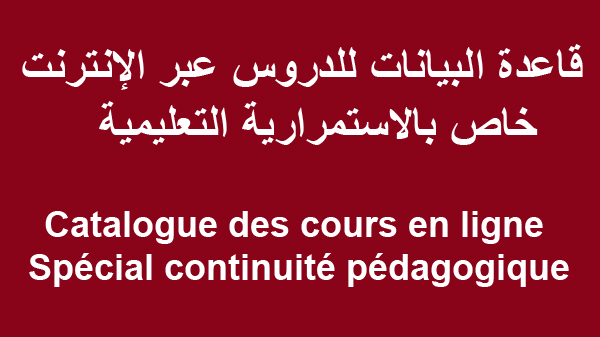International Online Symposium Investigative Tools of Scientific Research in Art and Languages: Adaptations and Challenges of a Paradigm Shift June 20th and 21st, 2023
Overview
Few years ago, remonstrations, strikes, Hirak, Covid-19 pandemic, and many other events have marked the human life at the national level. However, the international world has also faced the same problems and the findings were identical. The “Arab Spring” which has created major tensions in some Arab countries, has also engendered conflicts and wars in other areas throughout the world. The massive lockdowns following Covid-19 have also had a significant impact on various educational and academic practices. Lastly, the increasing advent of artificial intelligence in the university context will inevitably change the academic landscape both in terms of teaching and research (The challenge is to take advantage of this intelligence while remaining within an ethical framework).
As various fields and domains have undertaken some procedures and actions in order to face those new phenomena, research in Art and Languages has also adopted new practices in response to these changes to be adapted. To face this ever-changing landscape, new enterprise paradigms of scientific investigation are constantly being established, but are totally different from the simple adaptive measures usually undertaken.
Obviously, exploring the phenomena related to Art and Languages, in this new context, requires modifications and adaptations on these investigative tools which seem to emigrate from a status of “instruments of power” where the researcher is fairly familiar with his field of investigation, towards a status of "co-managed instruments" as Humbert and Merlo predicted in1978.
Consequently, we are intrigued by those new means used by researchers to collect the data and information constituting their research corpus, and would ask for an answer to these major questions which arise in our field: how did these women and men of science work in difficult, restricting and sometimes dangerous circumstances in order to carry out their research? How were data and information collection techniques implemented (observations, questionnaires, interviews, etc.) ? How did scholars obtain the necessary documentation for their investigations and researches ? How is research initiation accomplished within the existence of AI (Artificial Intelligence)?
The need for a literature which reflects these extraordinary, unique, and inventive experiences
is required more and more throughout the time. Scholar can no longer continue to refer only to theoretical works, certainly unavoidable, but whose standards have been set up in distinctly different contexts. Nowadays, everything is recreating and reinventing itself in response to certain situations characterized by pedagogical and scientific rupture.
Accordingly, we would like to invite university scholars to meet through this international colloquium, in order to answer the questions mentioned above and share their experiences by putting at the forefront the investigation’s tools used and adapted by them in the teaching process.
The study must be carried out from three spheres of analysis: The first sphere is totally exploratory, some questions must be raised to demonstrate the manner in which tools have been implemented and adapted by scholars, in order to overcome the constraints imposed by these unprecedented changes in human history. These actors should, in a second sphere of analysis, to detect inventive and creative practices used during their experiments of adaptation, especially those which would help to develop the spirit of entrepreneurship in scientific research. Finally, the third level of analysis is intended to discuss perspectives and guidelines on investigation’s tools and methods, particularly in Art and Languages domain, which could be introduced as new practices or even a change in the paradigm of actions.
Symposium Objectives:
- Discover the various tools and experiences of investigations in scientific research during new and unprecedented
- Open up perspectives that prepare the foundations for a new application of these
- Involve the various socio-economic actors as an alternative in academic research in the field of
- Support the initiation of artificial intelligence in scientific research at the
Focus and Scope:
- Investigative tools in didactics within new
- Current challenges of scientific investigation in
- New Investigative Paradigms in Language
- ICT (Information and Communication Technologies) and AI (Artificial Intelligence) in the teaching practice of initiation to research in Master
- Socio-economic actors and scientific research at the university: towards the development of the entrepreneurial
Important Dates :
- Abstract Submission Deadline : April 15th, 2023
- Conference Day : 20 et 21 juin 2023
- Participation Mode :
Online communication
- Submission Guidelines : Abstracts must not exceed 500 words maximum and should comprise the following information :
-Surname & First name, Institution of attachment, Function/grade, E-Mail.
- Brief biobibliographical list (in separate file)
- Communication languages : French, Arabic and
- Submission Link:
Would you please submit your abstracts and papers via the following email address: This email address is being protected from spambots. You need JavaScript enabled to view it.





